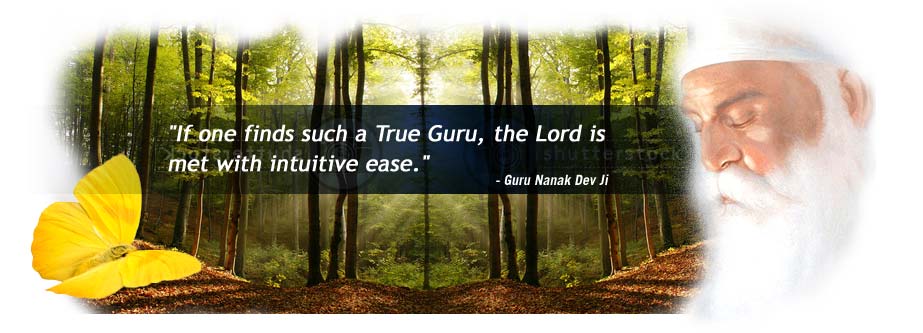Guiding Principles for a “Civilized Society” based upon the Guru Granth Sahib Ji
The 300 Year Anniversary of the Sri Guru Granth Sahib Ji, marked the four day conference in Nanded, India (2008).
The conferrene concluded with a unanimous adoption of the Hazure Sahib Declaration of the Guiding Principles for a “Civilized Society” … based upon the philosophy of Sri Guru Granth Sahib Ji’s.
1. To recognize presence of Divine Light in every living being.
2. To recognize that the earth is created according to God’s cosmic blueprint and it is therefore intrinsically good. Nature is our mother, our home, our security, our peace, our past and our future. It is our obligation to treat natural things and habitats as our sacred shrines, to be revered and preserved in all their intricate and fragile beauty.
3. God is the Creator and its creative manifestation extends to all humans. Therefore, all humans are intrinsically creative in partnership with God.
4. It is human destiny to emulate divine attributes; such as Identity with Truth, Fearlessness, Without Animosity, Eternal Personality, beyond the genetic and mimetic imprisonments, and Free Spirit that lives in Gratitude and humility.
5. To experience Divinity in work and service, in art and science, in philosophy and religion, and in the environment and creation.
6. To follow the principles of righteous living by believing in: Human Equality, Human Dignity, Justice, and Human Behaviors that cleanse the Body and the Mind.
7. To build institutions of altruism and sharing in all social infrastructures. Examples are: Guru’s Langer or free community kitchen, Institutions like Pingalwara for every unfortunate citizen, Guru Nanak Nishkam Sewak Jatha, UK.
8. To be advocate for those who are most vulnerable in our society.
9. To harness spiritual and moral responsibility to guide politics and political institutions, and to provide guidelines for leadership of religious organizations.
10. To build a world order without the culture of “mera (mine) tera” (yours) psychology.



